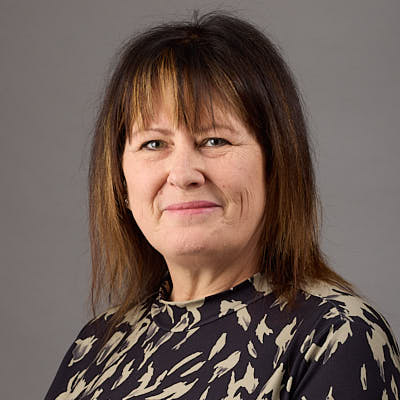3 mins read

By Wendy Smith, Section Head – Healthcare, UKAS
Related topics
By Wendy Smith, Section Head – Healthcare, UKAS
Every child deserves to begin life with safe, high-quality healthcare. This year’s World Patient Safety Day theme, “Safe care for every newborn and every child”, highlights that safety depends not just on care, but on dependable systems, accountability, and continual improvement.
At UKAS, accreditation goes beyond mere compliance—it embeds quality assurance into everyday practice. It provides the structures and confidence families need when seeking care for their most vulnerable.
Strengthening maternity and neonatal care
Newborns and children face heightened risks, and even minimal diagnostic errors can be profound. Accreditation reinforces strong governance and ensures services meet internationally recognised standards, delivering reliability when it matters most.
For example, accredited medical laboratories underpin vital services such as antenatal infection screening, blood-group and antibody testing, and newborn congenital condition screening (where precision is critical). Accredited imaging services, from prenatal ultrasound to paediatric radiology, ensure fast, accurate results when time is of the essence.
Supporting children and safe innovation
As children grow, their healthcare needs evolve, and so does the importance of structured quality. UKAS’s new Progression Pathway supports paediatric audiology services on their journey toward IQIPS accreditation, offering governance tools tailored to the needs of young patients and their families.
Only around 23% of audiology services in England have IQIPS recognition, despite its importance for consistent, high-quality care and regulatory alignment. With IQIPS as the only national accreditation available for paediatric audiology, UKAS is helping services meet benchmarks that support optimal hearing outcomes.
Accreditation also safeguards innovation. With point of care testing (POCT) and digital pathology, accreditation provides the assurance that new technologies are integrated safely and consistently, enhancing faster, more personalised care without compromising clinical accuracy.
Empowering families and building trust
Trust in healthcare is built through transparency. That’s why UKAS introduced a clear, easy-to-understand patient poster for display in accredited clinic waiting rooms. It informs families about what accreditation means and why it assures quality and trustworthy results.
By investing in resources like this, UKAS is empowering patients to recognise the UKAS symbol of trust and understand how accreditation benefits them directly. This transparency supports health literacy, reinforces confidence and encourages informed engagement.
In embedding accreditation into healthcare delivery, we help foster a culture of safety marked by continuous improvement, accountability and trust. Whether it’s the lab that tests for congenital risks, the imaging that guides critical diagnoses, or the audiology service easing communication for a young child—accredited services ensure children get consistent, safe and high-quality care.
As we mark World Patient Safety Day, it is worth remembering that protecting newborns and children requires more than skilled practitioners, it requires trusted systems. Accreditation is one of those systems. By embedding it into healthcare, we truly embed safety from birth; giving every child the best possible start and bolstering trust for families placing their faith in care.